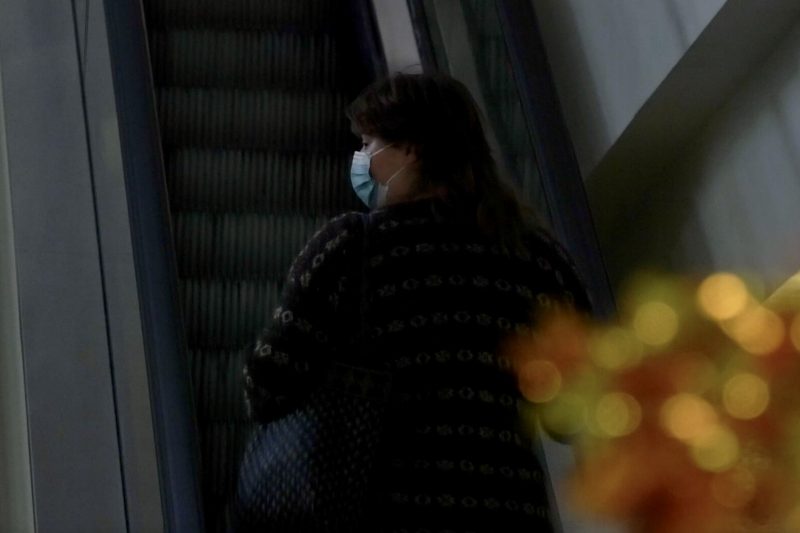Earlier Than Expected Spike in Respiratory Viruses
By Cristina Folsom
Reporting Texas TV
AUSTIN, Texas – COVID-19 cases may have slowed but many in the U.S. are now dealing with other respiratory illnesses.
The University of Texas at Austin’s University Health Services staff is seeing an increase in students coming in with respiratory illnesses earlier than expected.
UHS executive director and Chief Medical Officer Dr. Terrance Hines said people are more susceptible to viruses now than in previous years.
“Because of the efforts that we saw over the course of the pandemic, we have less of that herd immunity again because people were less exposed to those illnesses over the past couple of years,” Hines said.
However, the lack of exposure doesn’t seem to be only from quarantine.
Taylor Allen, a junior Plan II student majoring in psychology, said she forgot about the need for a flu shot.
“This is actually the first year I haven’t gotten the flu vaccine. I usually get it at the beginning of October, and I forgot this year,” she said.
Allen contracted the flu for the first time.

A woman wearing a mask visits the University Health Services building in Austin, Texas, on Thursday, Nov. 17, 2022. (Photo: Cristina Folsom, Reporting Texas TV)
Hines said that during the week of Nov. 7-11, UHS performed 296 flu tests with a 14% positivity rate. UHS also saw a similar spike in positive results the following week, right before Thanksgiving break.
“With travel we worry about people getting infected and spreading it to family members, especially family members who maybe have weakened immune systems or who are at risk to have serious illness,” Hines said.
UHS administered 9,928 flu vaccines before Thanksgiving break, and Hines encourages students to get vaccinated before winter break.
“It’s also possible to get your COVID and flu vaccine at the same time,” he added.
It is also possible to test positive for COVID, respiratory syncytial virus (RSV), and flu at the same time. Hines recommends getting tested for all three when symptomatic.
Symptoms for all three viruses include fever, cough, running nose, sneezing, wheezing and a decrease in appetite.
To schedule an appointment with UHS students should call the nurse advice line at 512-475-6877. Appointments for vaccinations can also be made through the HealthyHorns online patient portal.
If a student has been symptomatic for over 48 hours, however, Hines said, “we often don’t test those folks, since the medications for flu aren’t really effective after 48 hours.”
Hines said over the counter cough suppressants, Tylenol or Advil, and drinking fluids are the best ways to combat these viruses.
The University of Texas is working on producing an RSV vaccine that is set to be released by next year.